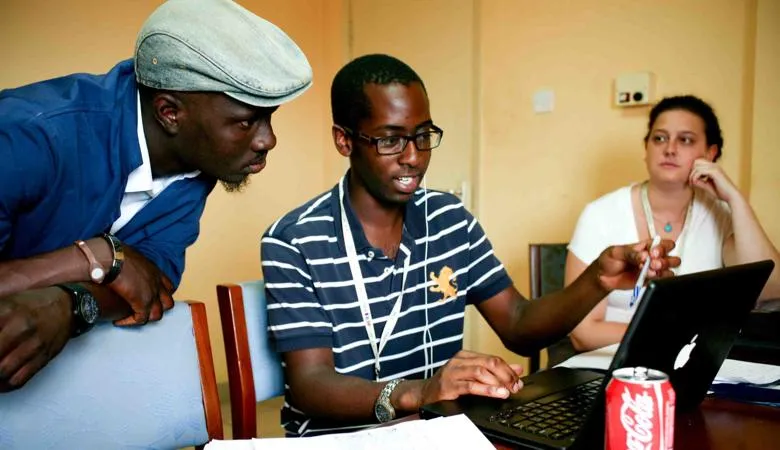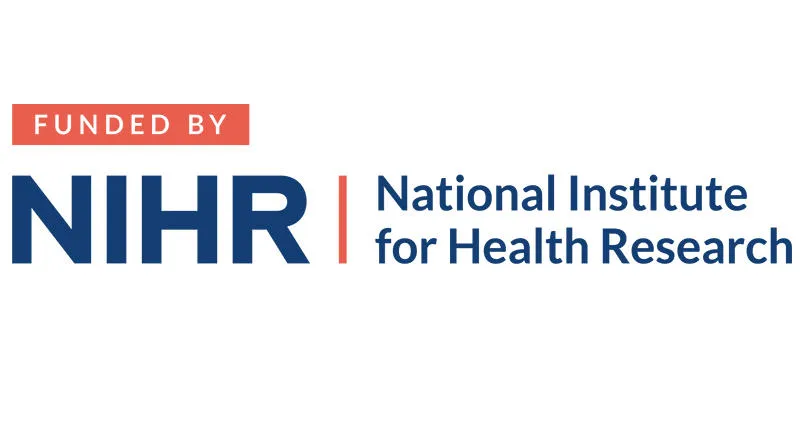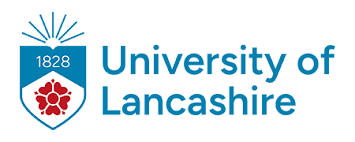Stroke in Sierra Leone (SISLE) is a research group aiming to improve outcomes for stroke patients in Sierra Leone. Led by Professor Catherine Sackley, we are a collaboration between King’s, University of Glasgow, University of Central Lancashire, Guy's and St Thomas' NHS Foundation Trust, and the College of Medicine and Allied Health Sciences in Sierra Leone.
We are funded by the Global Health Research strand of the National Institute for Health Research (NIHR).
Stroke is becoming more common in many low- and middle-income countries, where as many as 86% of all stroke related deaths occur.
We hope that our work can lead to improvements in the health system, clinical care and risk factor management that has reduced both the incidence and mortality of stroke in high income countries.

Our Partners
Contact us
If you have further questions about our project or the ongoing research, please get in touch:





